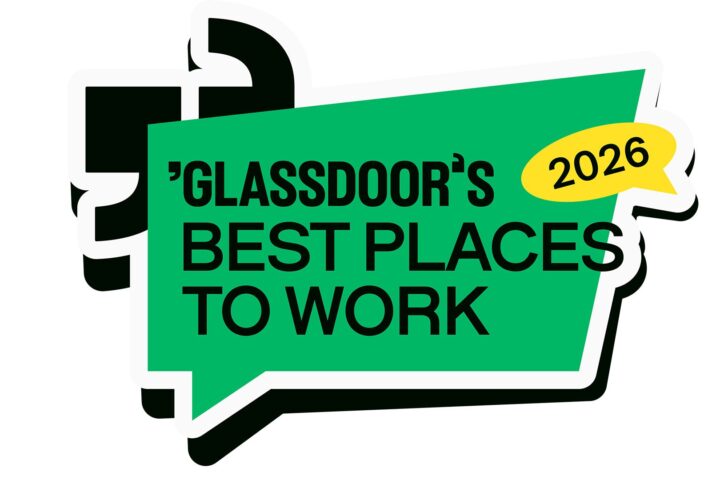UK organisations that prioritise overcommunication with their Gen Z workforce develop stronger connections, higher engagement and reduced workplace stress, according to insights from a recent webinar hosted by Development Beyond Learning (DBL).
Mental Health UK research revealed that 44% of 18- to 24-year-olds reported feeling isolated at work, highlighting the importance of communication strategies that address this disconnection.
The webinar brought together Josh Mackenzie, founder of DBL, with Gen Z thought leaders Victor Sonaya, Patrick Quinton Smith and Hanna Maclachlan to explore effective engagement approaches.
Mackenzie said: “The consensus on overcommunication was unanimous. It doesn’t mean bombarding employees with messages though, it means ensuring clarity, openness and communicating with context.”
He added: “Proactively sharing expectations, context as well as unwritten workplace norms, we can create a sense of belonging for their youngest employees.”
The discussion identified four essential strategies for building a more connected Gen Z workforce: clarity over assumption by defining job expectations and workplace norms; frequent and intentional check-ins to ensure employees feel supported; embracing digital-first communication aligned with Gen Z preferences; and encouraging open dialogue where questions and feedback are welcomed.
Quinton Smith said: “Gen Z employees expect transparency. They are used to finding answers instantly and if they feel information is being withheld, it creates frustration and disconnect.
!When organisations overcommunicate, starting with the ‘why’, Gen Z employees are more likely to trust leadership and engage.”
This approach helps bridge what Sonaya described as the “expectation-reality gap experienced by new Gen Z hires” that can lead to disappointment and disengagement.
A London School of Economics study referenced during the webinar reinforcesdthe business case for effective communication, showing that 87% of employees in age-inclusive workplaces reported high productivity, compared to just 58% in organisations without such practices.
With Gen Z now making up a third of the workforce, businesses need to adapt their communication approaches accordingly.
Maclachlan, Subsea7 early talent specialist, said: “By embedding structured communication strategies into graduate and internship programs, organisations can provide a smoother transition and stronger alignment with workplace culture.”
















